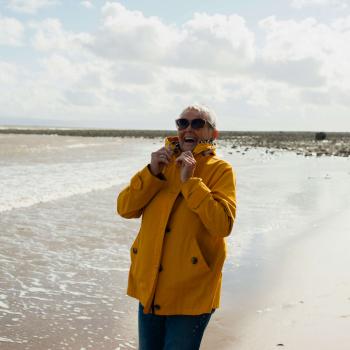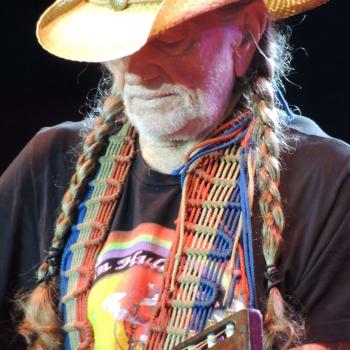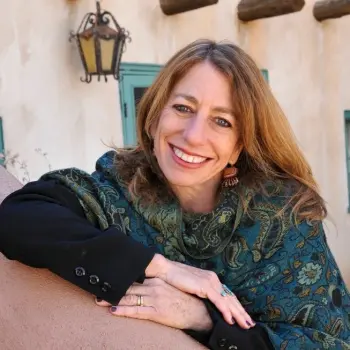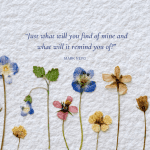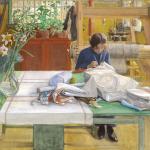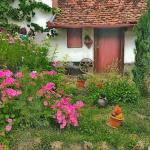
What’s your favorite form of “escape”? Personally, I’m a big fan of craft beers. In fact, I’m sipping a Flying Dog Mango Habanero IPA as I write this and it tastes pretty darn delicious. But I fully realize that drinking has a funny, often detrimental effect on some people.
I recall once having a conversation with an EST-trained co-worker sipping a diet soda at a party. I was aware she was a recovering alcoholic and asked her what would happen if she had a beer or glass of wine. She told me it would lead to another and another—and later that night I would find her on a corner uptown trying to buy crack. I thought she was kidding, she wasn’t, and I abruptly changed the subject.
There’s a spirituality writer by the name of Chris Grosso who has had his own share of “overindulgence” problems, which he has chronicled in a couple of books including Everything Mind. He writes about the man he once was—a guy constantly looking for the next drink, the next high, ruining family and personal relationships along the way.
After he hits an especially craggy rock bottom, Grosso comes to the realization that a deeper engagement with his spiritual practice is the only way out. When it comes to drugs or drinking or sex, or even less discussed addictions like online gaming or porn, he concludes:
No activity will ever provide a lasting source of peace, happiness or contentment like spirituality will.
For me, the key part of this statement is “a lasting source”. And as much as I personally like the buzz provided by a few high-octane craft beers, it’s something I primarily reserve for the weekend, and not an activity I can turn to each moment of each day for solace. (Instead, I use these quick stress releases.)
You might also wonder what Grosso means by “spirituality”. The author favors Meister Eckhardt’s definition that “to be spiritual is to be awake and alive”. For him, this includes any activities that “wake me up” like running, meditation and spiritual reading, from the heady writings of Ken Wilber to the dark poetry of Charles Bukowski.
Grosso stresses again and again the need for us to find our own truth and explore what spiritual activities resonate for us. He writes that “there are a number of different ways, paths, beliefs that are available” and that the alternative is “a life lived grasping at external objects for fleeting happiness”.
So how does one avoid the “grasping”? If you want to stay grounded, and live life alert and aware, the key is to develop a regular spiritual practice. Personally, I have a morning ritual that covers some of the same bases as Grosso, as well as acts as simple as spending a few moments alone in quiet contemplation in the early morning hours with a cup of freshly-brewed coffee.
The bottom line is you’ve got to take action. Drinking and drugging and having sex are activities—and if you feel like you’re overly dependent on any one of them, you need to curtail the activity and fill the void with an alternate diversion. Toward that end, Grosso cites this call-to-arms by Ken Wilber:
Nobody will save you but you. You have to engage your own contemplative development. Spiritual development is not a matter of mere belief. It is a matter of actual, prolonged difficult growth, and merely professing belief is meaningless and without impact. Reality is not interested in your beliefs; it’s interested in your actions.
If you don’t have a spiritual practice, that means starting your own today. You may want to follow the lead of my colleague Thomas Moore who has put together an inspiring 10-point guide to starting your own practice. Use it as guidance, but remember, as Grosso reminds us, we must always create our own unique path, our own individual way of finding the God within us.
In parting, here are three smart rules to live by each day that I culled from Grosso’s writings:
-
Learn to live mindfully with the acceptance of whatever life hands you.
-
Stop to see the beauty, wonder and interconnectedness of all things.
-
Cultivate a greater sense of loving-kindness for yourself as well as others.







